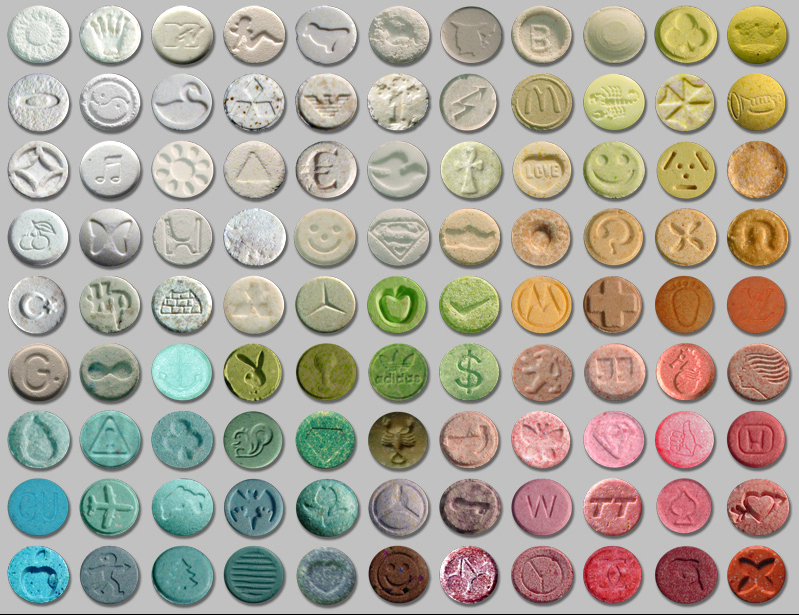Physician Assisted Suicide and the Conflict Between Autonomy and Non-Maleficence
In the run-up to the 6th November ballot in Massachussets concerning the prescription of medication to end life, two prominent US physicians, Dr. Ronald Pies and Dr. John Grohol, have been debating the pros and cons of physician assisted suicide (PAS). In his article, Dr Ronald Pies argues against the legalisation of PAS, claiming in the title of his essay that “medical ethics must sometimes trump patient choice”. Although Pies’ acknowledges that respect for autonomy is one of the four cardinal principles in medical ethics, he goes on to claim that “. . . medical ethics must set limits on a patient’s autonomous requests” in the light of another of these cardinal principles, namely the principle of non-maleficence. What are we to make of this claim?Read More »Physician Assisted Suicide and the Conflict Between Autonomy and Non-Maleficence


